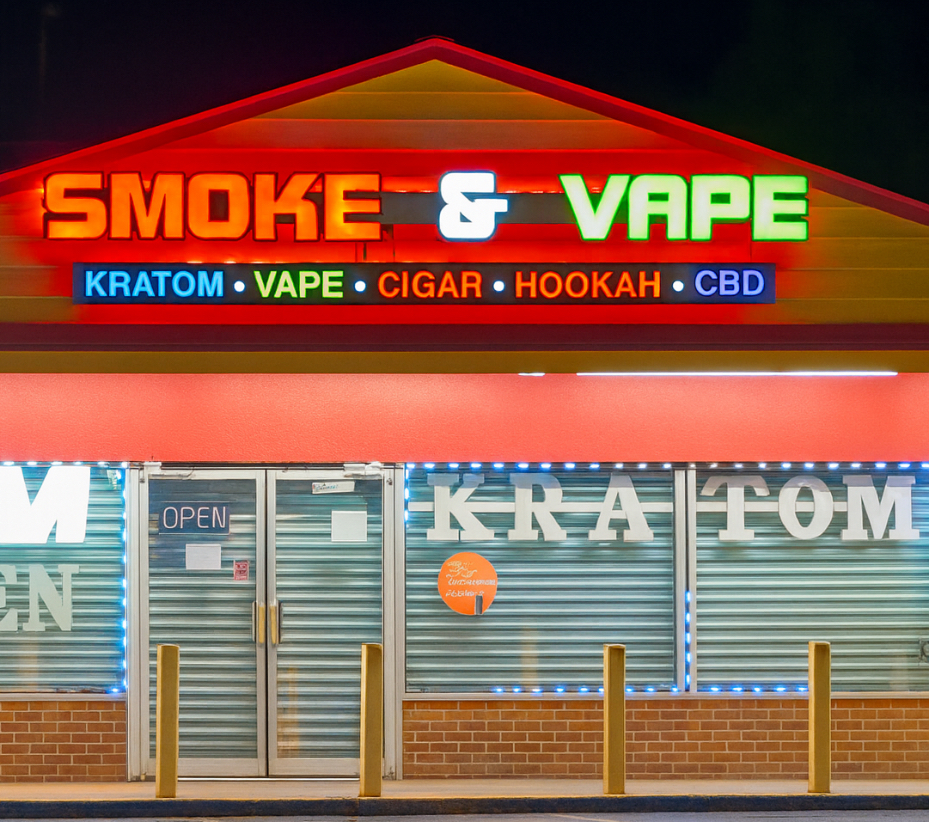
Protecting families from kid-targeted “herbal” highs sold in vape shops and gas stations across America.
Consolidated evidence, adverse-event data, poison-control trends, FDA enforcement gaps, and policy analysis — organized for legislative review.

Our mission is clear: educate families about what’s being sold on store shelves—and empower parents to take action with accessible, ready-to-use tools.
Choose a topic to learn more (parent-friendly summaries with references):
Pick your state to see a quick, parent-friendly summary of current rules on kratom, tianeptine, Δ8 THC, nitrous oxide, and related gas-station “herbal” products.
Parents and citizens can help get dangerous “herbal” products off store shelves by pushing for change at every level of government. Choose a level below to learn what each can do and how to contact them.
A well-written letter from a parent or community member can make a real impact. Use our step-by-step guide to learn how to write, copy, or send your own letter today.
Open Letter Writing GuideLearn how to talk with your kids about “herbal” and gas-station drug products — calm, simple, and science-based.
Open Conversation GuideLearn more about MAHA’s mission to protect families from unregulated herbal drugs.
Unregulated or mislabeled drug products—often sold as “herbal” supplements or mood boosters—found in gas stations and vape shops. Examples include kratom, tianeptine, phenibut, nitrous oxide, and delta-8 THC.
They exploit loopholes in supplement laws, avoid FDA approval, and are marketed as “natural” despite drug-like effects. Enforcement varies by state and locality.
Kratom’s active compounds (like 7-hydroxymitragynine) act at opioid receptors, leading to dependence, withdrawal, and polydrug risks—especially with concentrated products.
Tianeptine is an unapproved drug with opioid-like effects sold in convenience packaging (e.g., “ZaZa”). It can cause addiction and overdose and is scheduled or banned in many states.
Learn the signs, check local stores, talk with kids, and send MAHA’s ready-to-use letters to local councils, boards of health, and state or federal lawmakers.
Not necessarily. Products vary widely in potency and purity; contaminants and high doses are common. Youth exposure and accidental ingestion are rising concerns.
Use our state law finder on MAHA’s homepage to see current status and pending bills, then follow the action steps for your locality.